epidemiology
December 11, 2021
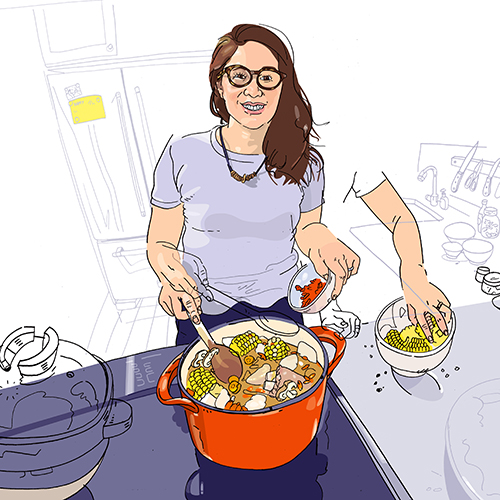
Locally grown
Marie Spiker is an assistant professor of epidemiology at the UW School of Public Health, registered dietitian and enthusiastic kayaker. We asked her about her various passions.
September 16, 2020
Double trouble
With flu season coming, doctors and public health officials worry that an outbreak of influenza in the midst of the COVID-19 pandemic could wipe out our health care system.
September 11, 2020
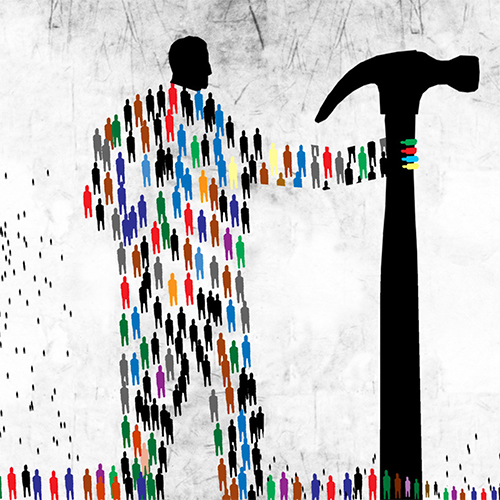
Our lives, disrupted
We asked three UW experts—a historian, a leader in education and an expert in infectious disease—how we might use this time of challenge and change to plan for a better future.
June 24, 2020

IHME in the spotlight
As the pandemic expanded across the country, IHME projections became a resource for local, regional and national leaders as they responded.
September 1, 2005

After the fallout
The world looks to Scott Davis, chair of the UW epidemiology department, for many of the answers.
June 1, 2005
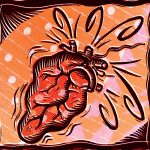
Antibiotics won't do it
Could bacteria also be a culprit in heart disease? In April the UW released the first results of a study — and the verdict so far for C. pneumoniae is not guilty.
December 1, 2000
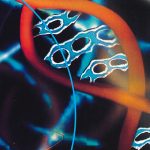
Why cells go bad
Once just a theory, Lawrence Loeb's mutation breakthrough could lead to new cancer treatments and even an unconventional way to stop AIDS.
September 1, 1999
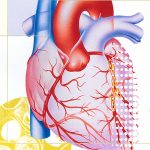
For the heart
UW Professor Thomas Grayston is principal investigator of an $11 million grant to see if killing a form of bacteria reduces heart attacks.
December 1, 1995
UW study links low folic acid levels to heart disease
UW researchers have found a "strong link" between diets lacking folic acid—found in high levels in orange juice, spinach and dried beans—and heart-related problems.
September 1, 1995

Estrogen-cancer link disproved
Women who take estrogen or a combination of estrogen and progestin as hormone replacement therapy apparently do not face an increased risk of breast cancer.